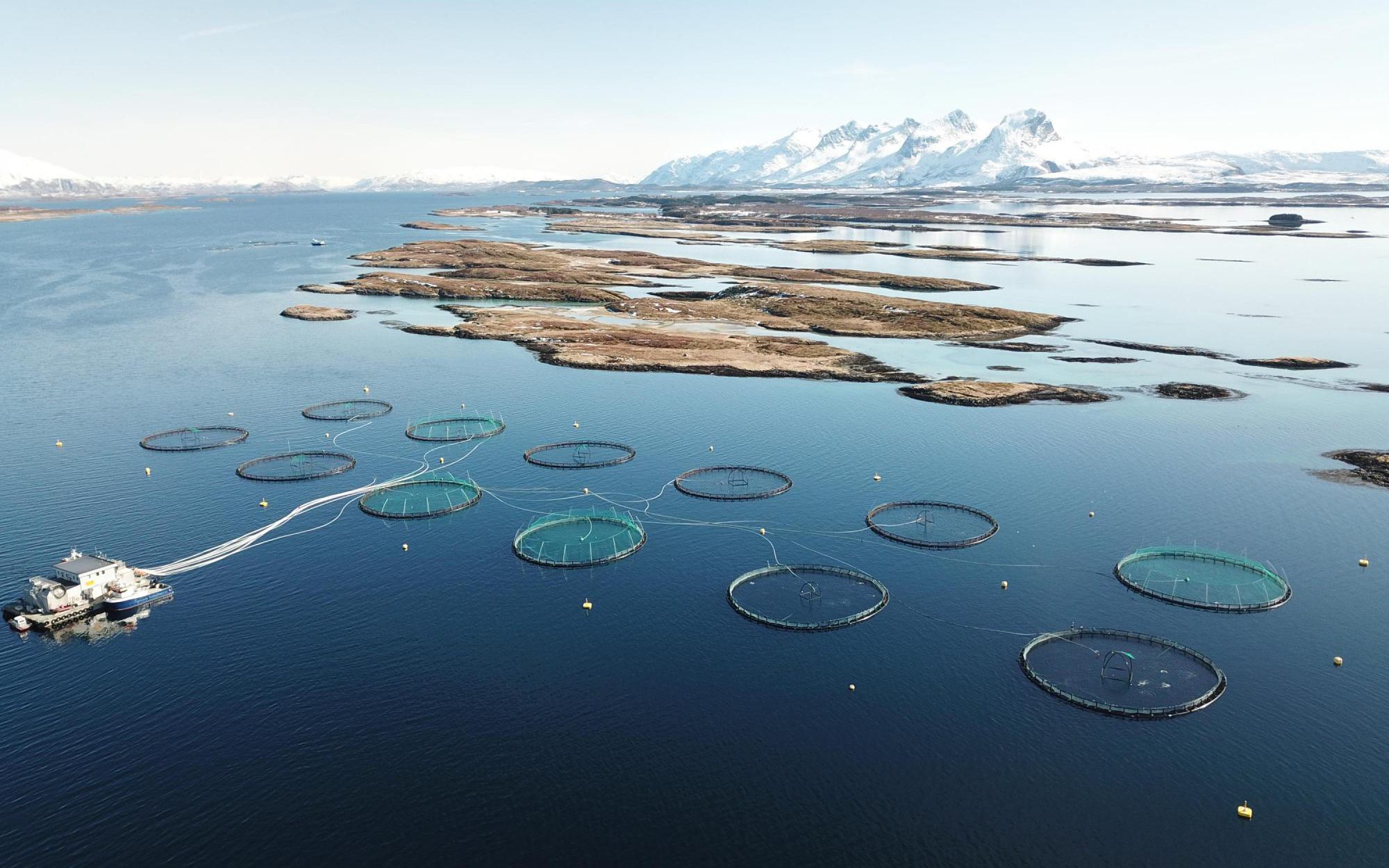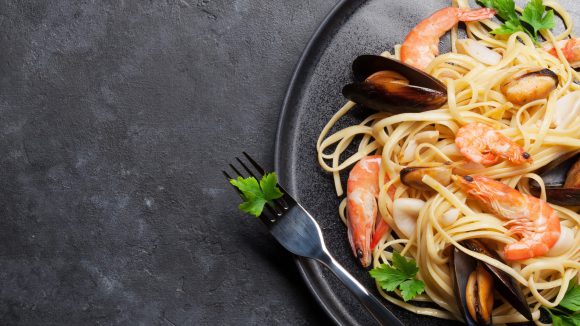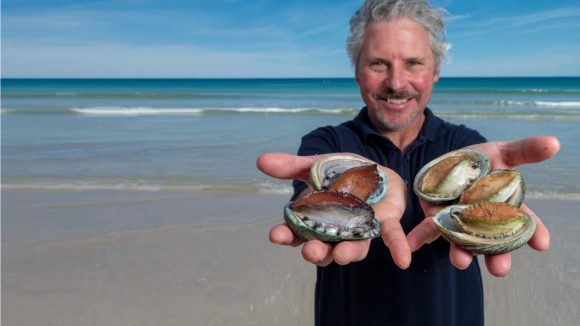
Aquaculture & climate change
Climate change poses significant challenges to aquaculture, but responsibly farmed seafood can play a key role in reducing environmental impacts and supporting sustainable food systems.
Responsibly farmed fish has a vital role to play in the fight against climate change – and by buying ASC certified seafood you can play your part.
Our mission at ASC is to reduce the environmental (and social) impacts of aquaculture, and climate change is of course a big part of this. Our standards require farms to monitor their energy use and emissions.
The low-carbon footprint of seafood
If you’re looking to reduce the environmental impact of your diet, fish can provide an affordable alternative to red meat that is healthier for us all as well as better for the planet.
Responsible fish farming can provide this affordable, healthy protein in a sustainable way, helping to feed the world while also relieving the pressures on wild fish stocks. Seafood is already vital to the health of billions around the world, and seafood production processes have a lower carbon footprint than any other animal processes. For example:
- farmed salmon produces a fraction of the carbon generated by the beef industry
- the pressure on the environment represented by feed to grow stock is lowest by far with seafood production
- if aquaculture provided the world’s additional protein requirements in 2050 instead of agriculture, a global total of 729 – 747 million land hectares could be saved, according to one study – that’s an area of land twice the size of India
-
Transitioning to sustainable marine-based diets, i.e. seafood & seaweeds, could contribute to more than 1% of the emissions reductions needed to stay within 1.5°C by 2050.
Reducing the environmental impact of farmed fish
But just like all food production, farming fish does of course have environmental and social impacts. This might be from water use, pollution, or overreliance of chemicals and medication. So, as an ethical consumer who wants to play their part in the fight against climate change, how do you decide what to buy and eat?
The simple answer is to look for the ASC logo. Only product from fish farms that can demonstrate they are minimising their environmental and social impacts can meet our standards and become ASC certified. And only certified seafood gets to carry the ASC tick.
We set standards and oversee an independent certification process that ensures that any seafood products you buy and eat have been produced responsibly, without harming local communities, workers or the environment.
ASC-certified farms have to meet our standards, which cover a wide range of environmental and social impacts, including:
- limits on medication and chemical use
- strict limits on antibiotic use
- monitoring of nearby water and the seabed for pollution
- protecting biodiversity and important habitats
- monitoring fish farms’ energy use and emissions
- fair pay and treatment for workers
- good relationships with neighbours
In addition, we’ll be launching an upgraded Farm Standard which will cover all ASC-certified species. It will include even tougher requirements to ensure that farms are closely monitoring and working to reduce emissions and other climate issues.
Modern food supply chains are highly complex, so the true impact of your seafood includes the impact of the feed used to produce it. We’ve developed a robust Standard to ensure that all feed is responsibly sourced. Find out more about the ASC’s requirements on feed.
Our standards are developed by experts from across industry, science and environmental organisations. The requirements run into the hundreds, and they are all independently audited by expert teams, whose reports are then released for public consultation. We’re completely transparent about our standards, process, and certified farms –you can find all the detail elsewhere on this website. So the ASC tick is your guarantee that your seafood comes from a truly responsible farmer.
Do your bit: Look for the logo!
It can be tough trying to be an environmentally conscious consumer – there is a lot of information out there but it’s not always obvious what you can trust. But at least your choice of farmed seafood can be a simple one – just look for the ASC logo!
Explore More

Learn more about Seafood Farming
Find out how farmed seafood can help feed a growing global population, why fish farming needs to be done responsibly and how you can make a responsible choice.

Visit our Blog
Find out what’s behind the label, what’s going on in the world of aquaculture and how the Aquaculture Stewardship Council is updating and improving its programmes regularly.

The Aquaculture Stewardship Council
We run the world’s leading certification programme for responsibly farmed seafood. Learn about our Certification Programmes and our Impact.



